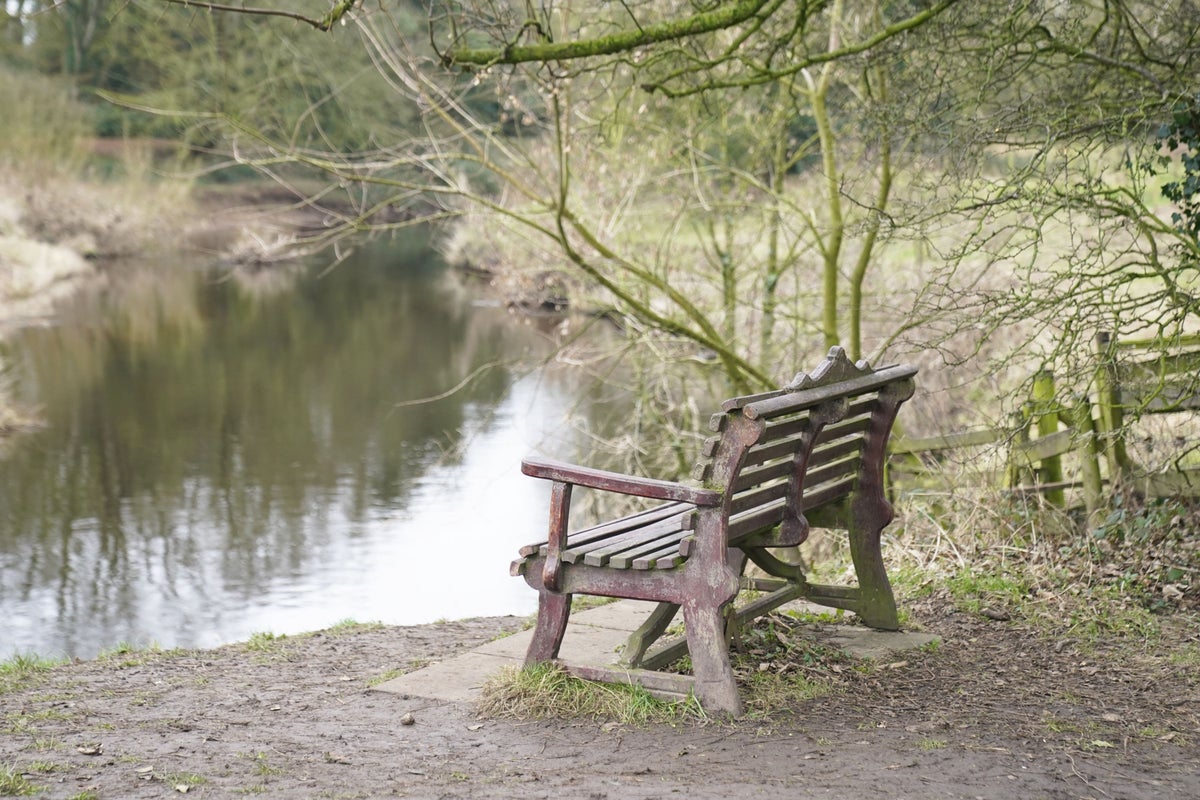
People taking selfies at the site where Nicola Bulley went missing could have been seeking a sense of “personal validation” or might have been hoping to make money from online clicks, an expert has suggested.
In the weeks after the mother-of-two’s disappearance, a family friend said members of the public had arrived from far and wide, some bringing children and taking selfies, making the area feel like a “tourist spot”.
Heather Gibbons, speaking earlier this month, said that speculation which was rife on social media about the disappearance was “hard” for the family to take.
The selfie example... might be personal validation that they want from being seen at a certain site or it could be a disinformation merchant trying to make money from clicks— Areeq Chowdhury, Royal Society
The body of Ms Bulley, 45, was pulled from the River Wyre in Lancashire on Sunday after she was last seen on January 27.
Areeq Chowdhury, head of policy, data and digital technologies at the Royal Society – a fellowship of many of the world’s most eminent scientists – described the social media frenzy in the case of Ms Bulley as “disgusting”.
Appearing before the Digital, Culture, Media and Sport Committee on Tuesday, he referred to a report produced previously by the Royal Society which highlighted a range of incentives, including financial ones, “that lead people to take different acts”.
Committee member John Nicholson, an SNP MP, referred to a news report which he said told of people “literally hunting for clues as tourists in the village”, and included references to people taking selfies on the bench near to where Ms Bulley disappeared.
Mr Chowdhury said part of the finding of the Royal Society report was that the scale of misinformation “isn’t perhaps as big as people might think reading the news”.
He added: “But also in that case, or other cases where people are acting upon misinformation, the actual content itself – so the false statement – is just one aspect of why someone would pursue some form of act.
“Another, so the selfie example you gave, might be personal validation that they want from being seen at a certain site or it could be a disinformation merchant trying to make money from clicks.”
Mr Nicholson suggested such people were “enjoying the attention and feeling that they’re at the centre of a drama”, to which Mr Chowdhury agreed.
The MP added: “Well you can see that’s deeply distressing for the family.”







